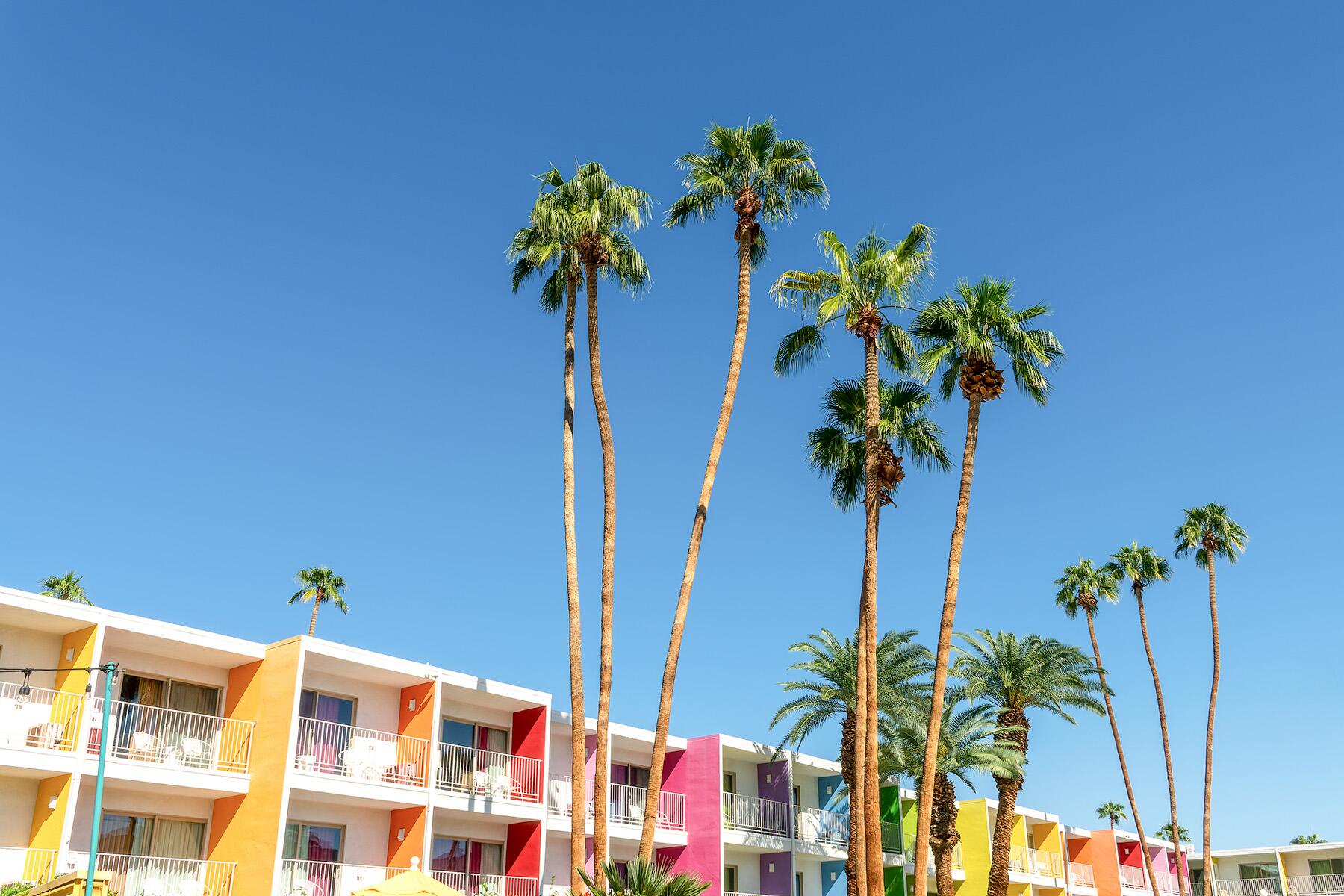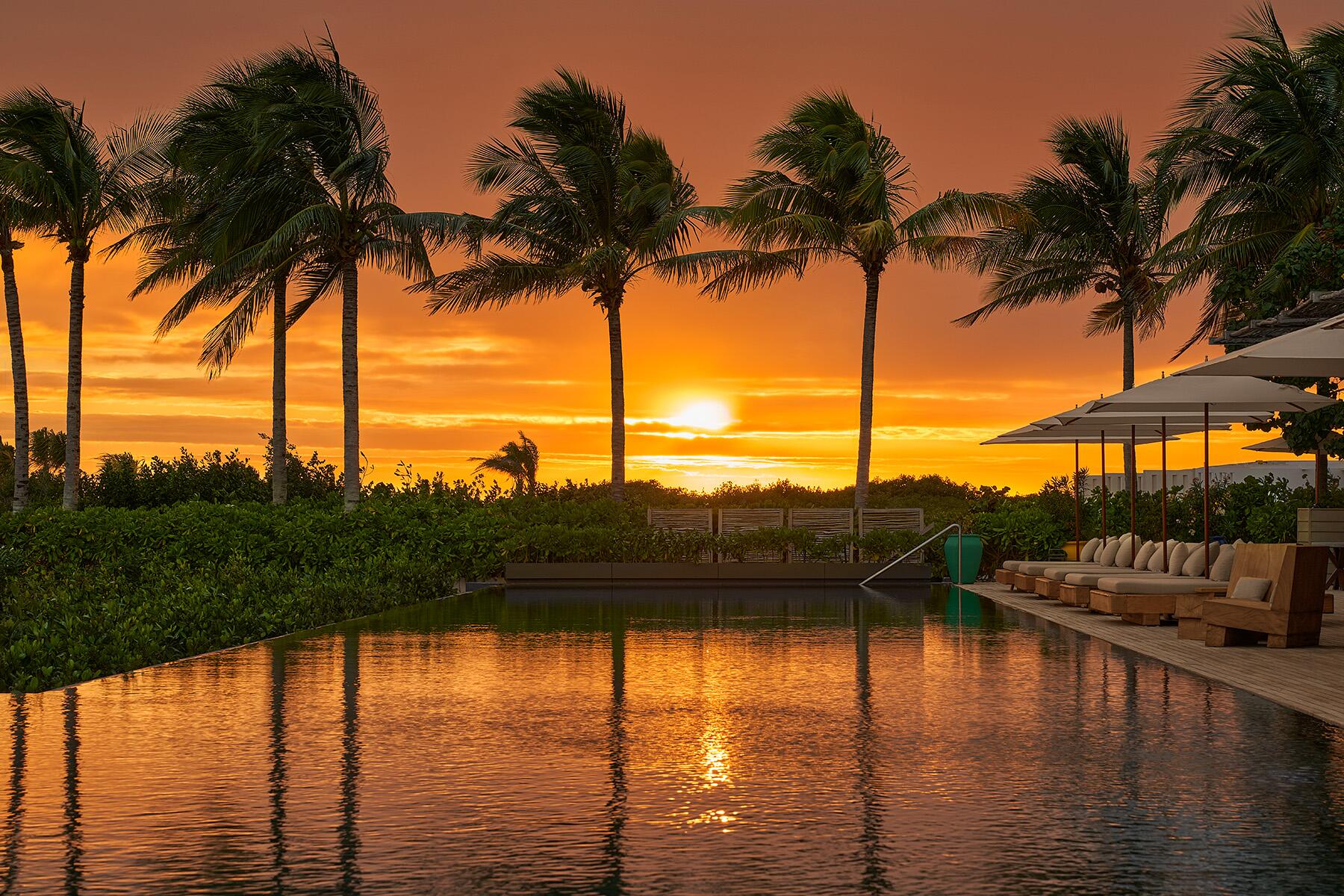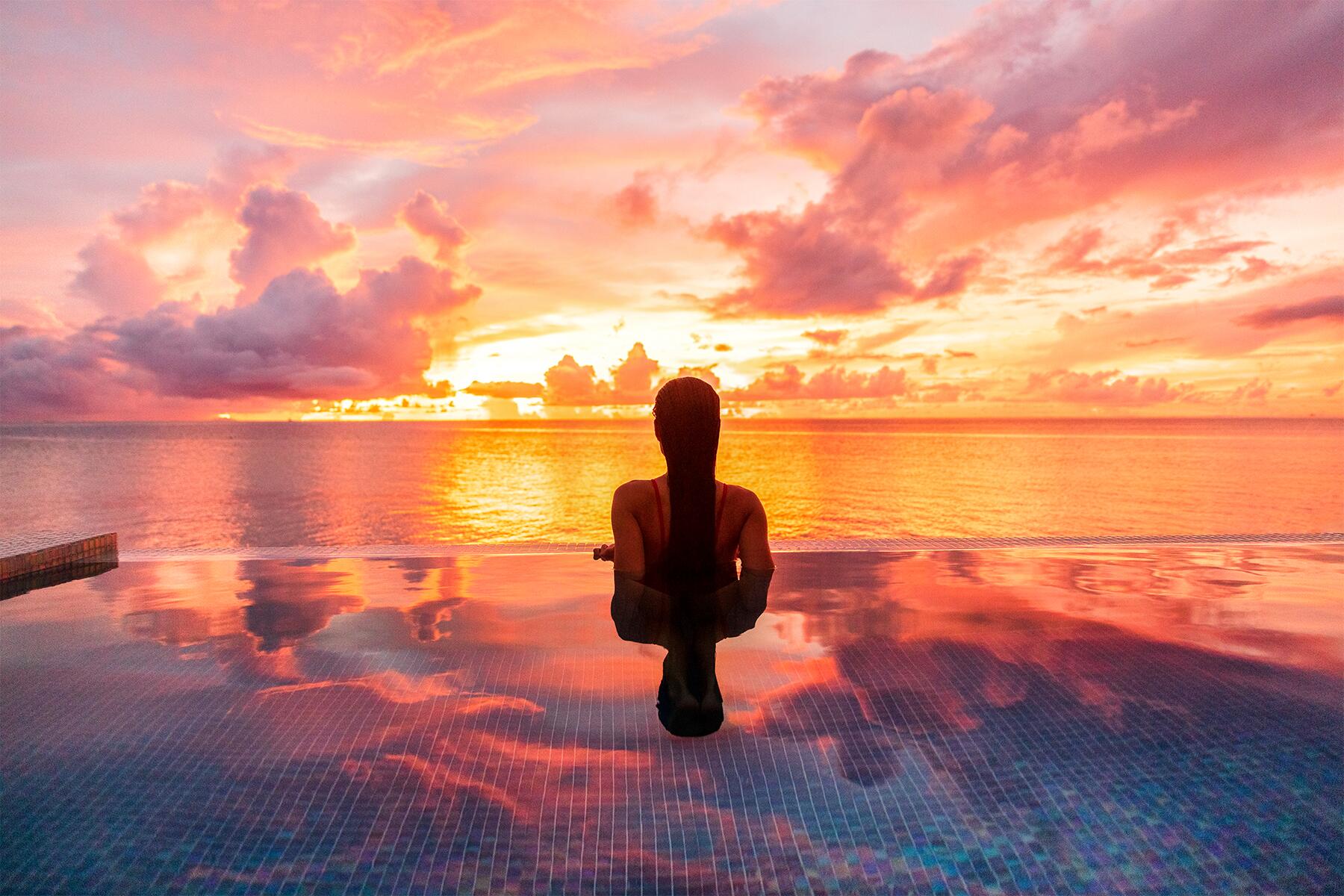Booking a luxury resort with points is a great idea, but it just requires some some research first.
It’s one of the major benefits of a travel loyalty program: saving up points. Whether earned via hotel stays, airline trips, or credit cards, you can use travel points to book a stay in a luxury resort you may otherwise not have been able to afford.
In addition to verifying the amount of points required for a luxury resort and making arrangements to travel, there are several other things to research before redeeming those points. It’s worth noting that point redemptions typically cover room and tax only. Many luxury resorts operate on an à la carte pricing model, which means incidentals can pile up quickly, making that “free” stay is suddenly expensive. Booking a luxury resort with points is a good idea, but one that just requires some research to maximize your budget.






Done often with minimal problems. Do need to check these point and terms under any booking.